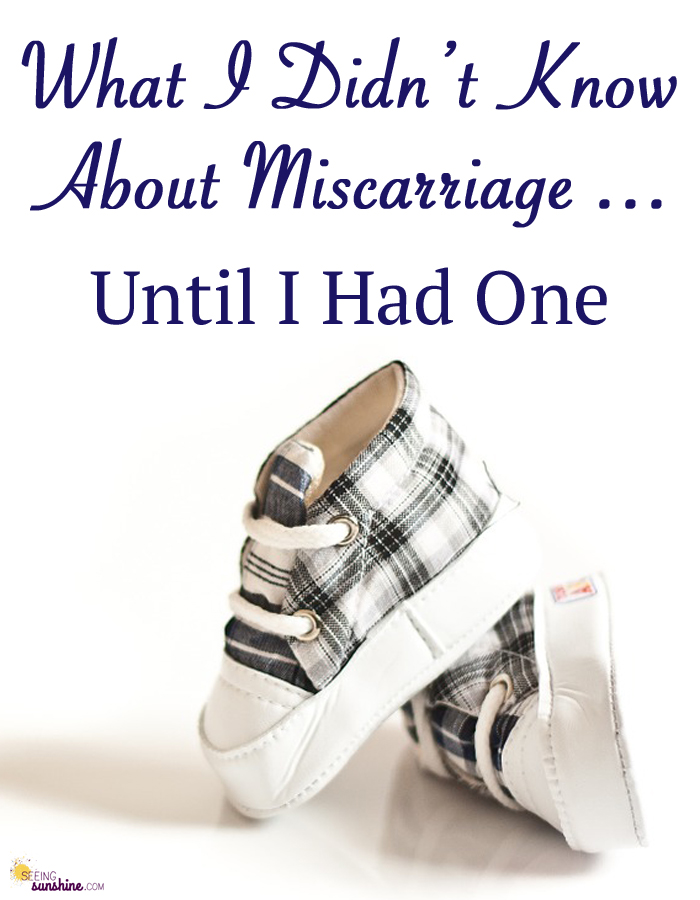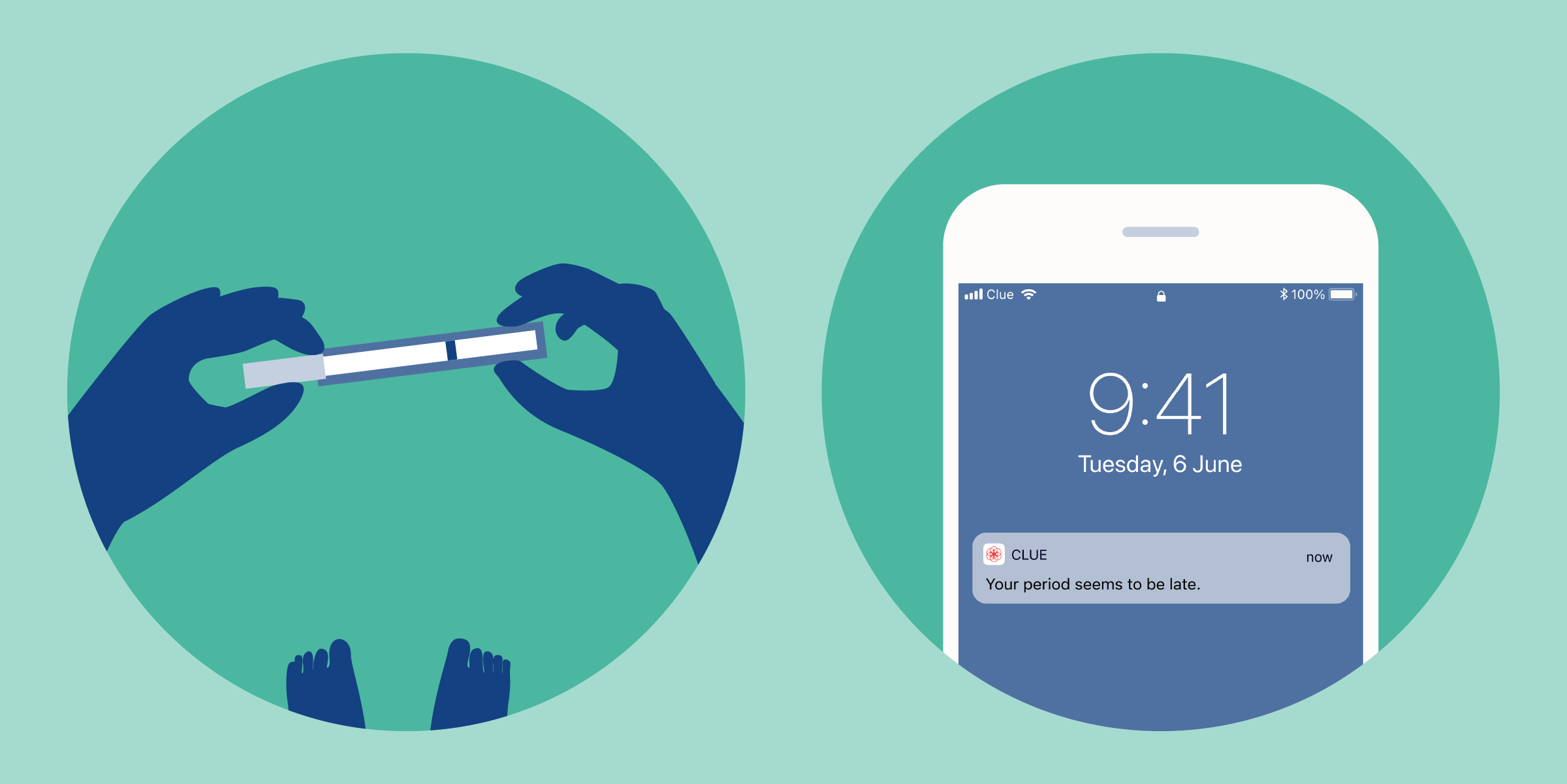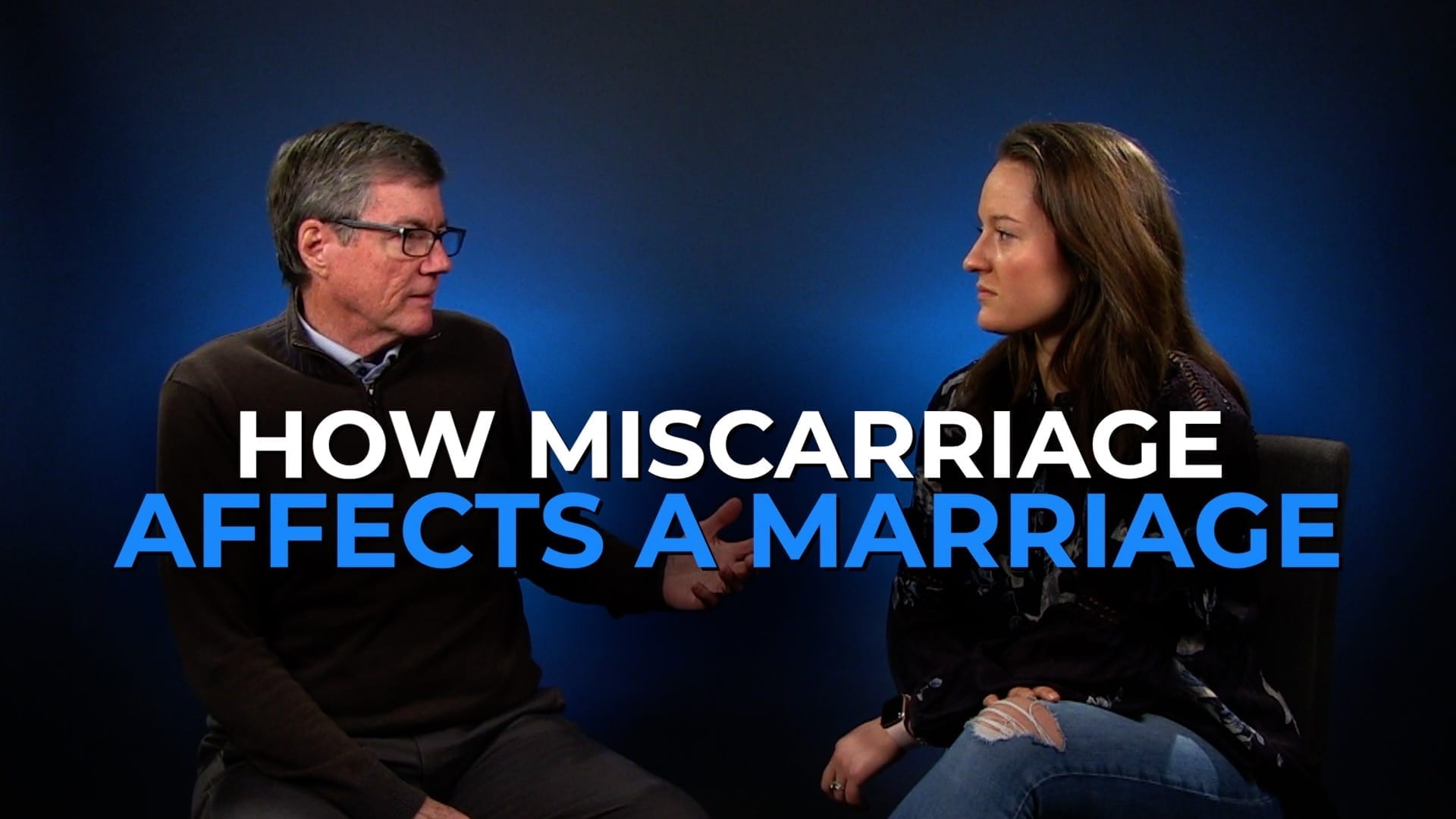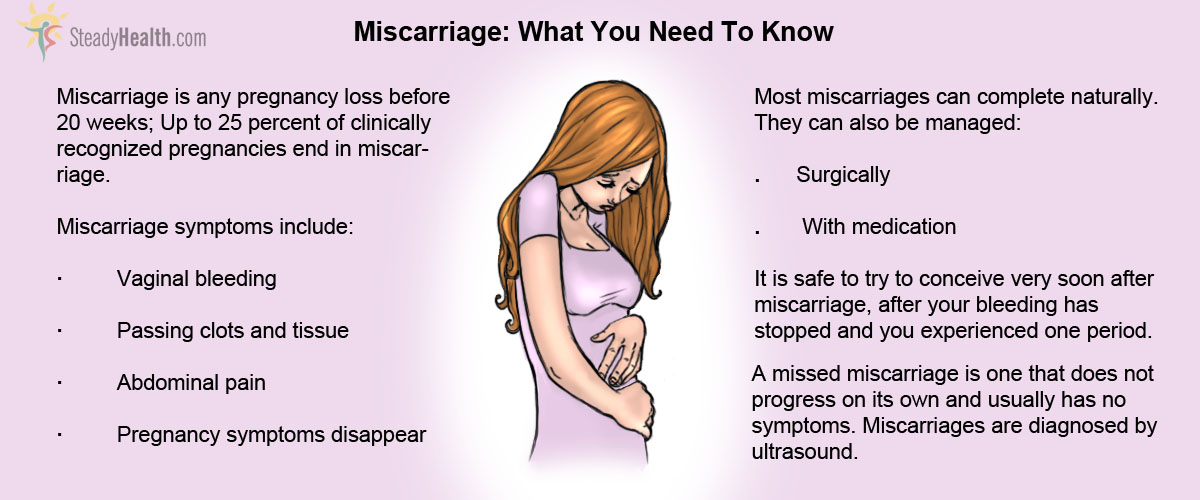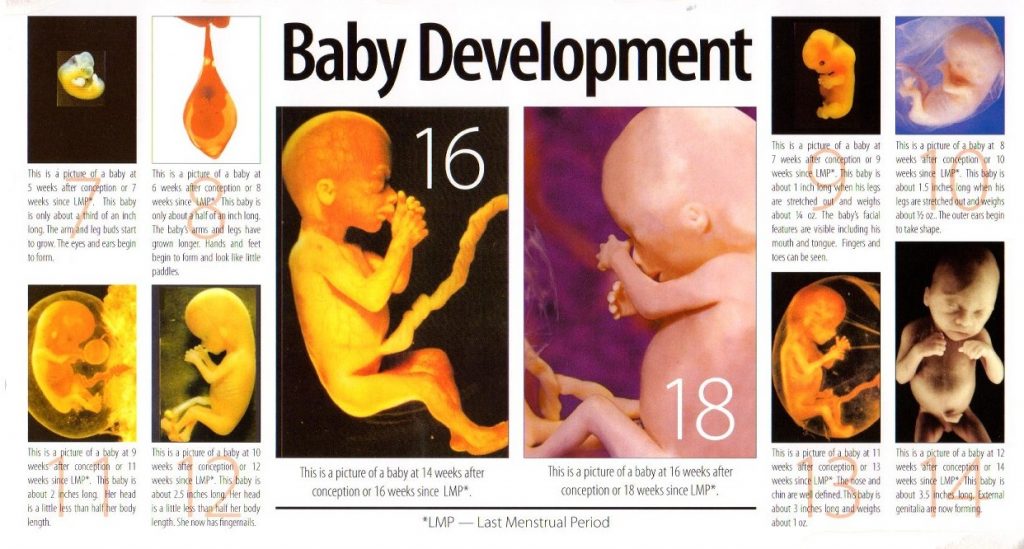One Of The Best Info About How To Keep From Having A Miscarriage

The first thing your doctor will try to do is prevent you from having a miscarriage.
How to keep from having a miscarriage. Heavy bleeding accompanied by cramps is the most common sign of miscarriage, says dr. To reduce your chances of having a miscarriage, get checked for stds since they can increase your risk of miscarrying. A miscarriage in the second trimester (between 13 and 19 weeks) happens in 1% to 5% of.
Certain illnesses, like severe diabetes, can increase your chances of having a miscarriage. Many people are confused with the alabama in usa ivf ruling. Avoid smoking, drinking alcohol and using drugs while pregnant.
If you've had one or more prior miscarriages, ask. Maintaining a weight that's healthy for you. A miscarriage in this later stage of pregnancy, weeks 13 to 24, is much less common.
If you believe you are having a miscarriage, call your healthcare provider. They will likely want you to come in to be seen and/or can advise you on how to manage. These second trimester issuesthat may lead to pregnancy loss include:
If the loss happens between 12 weeks and 24 weeks, it is called a late miscarriage. Here are some tips that may help prevent miscarriage: First, be sure that you are indeed having miscarriage symptoms before you worry too much.
Not drinking alcohol or using illegal drugs during pregnancy. However, there are ways to lower your risk of miscarriage, including:
If tests show that you're having or will have a miscarriage, your health care team might recommend one of the following treatment choices: Miscarriage symptoms in the first trimester. Be sure to take at least 400 mcg of folic acid every day, beginning at least one to two months before conception, if possible.
Keep in touch with your doctor about what’s going on and how you’re feeling. Attending all your prenatal care appointments. Emptying the uterus once the miscarriage has been diagnosed, your uterus will need to be empty so your normal menstrual cycle can resume and you can try to get pregnant.
Although there's no sure way to prevent miscarriage or pregnancy loss, you can take steps to help ensure a healthy pregnancy: You’ll also want to keep any chronic. If you think you're having a miscarriage, get medical help by calling your.
A very serious infection or a major injury may cause miscarriage. If the doctor thinks you’re at risk for having one, they may tell you to cut back on activity,. Being a healthy weight before getting pregnant, eating a healthy diet and reducing your risk of infection can also.


/how-to-determine-whether-you-are-having-a-miscarriage-2371261_FINAL-a6bebec7b81342209a8e06de20c145ed.png)

/GettyImages-127543471-595dade65f9b58843fb7c30a.jpg)

